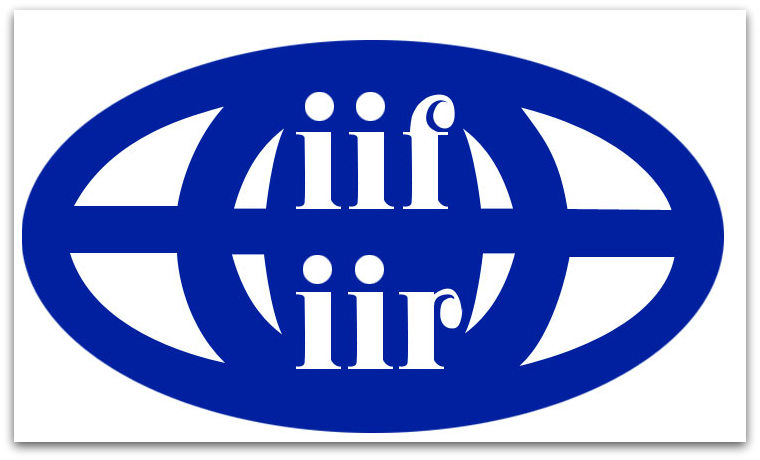Shelf life of fish-vegetable semi-finished products: the suite of metrics
DOI: 10.17586/1606-4313-2018-17-2-42-47
UDC 664.952/.957
Belova M.P., Titova I.M.
Keywords: fish-vegetable semi-finished products, Jerusalem artichoke, aquiculture, glycemic index, microbiological points, safety analysis, storage conditions, shelf life.
UDC 664.952/.957
Shelf life of fish-vegetable semi-finished products: the suite of metrics
For citation: Belova M.P., Titova I.M. Shelf life of fish-vegetable semi-finished products: the suite of metrics. Vestnik Mezhdunarodnoi akademii kholoda. 2018. No 2. p. 42-47
Abstract
The processes of nutrition personalization are inextricably linked with the development of products that meet the requirements of the basic diets used in complex therapy. It is necessary to develop technologies of fish semi-finished products with a low glycemic index which increases the level of glucose in the blood minimally while containing a large number of essential nutrients in order to provide a barrier-free environment for diabetics. Fish raw materials are most preferred due to its high nutritional value. The objects of the research are the developed recipes of fish-vegetable semi-finished products based on pieces of pike perch and carp fillet which were grown in aquaculture conditions enriched with vegetable components. The changes in the quality and safety indices of frozen fish-vegetable semi-finished products during the storage at the temperature of -18º C are studied. Determination of microbiological indicators is carried out by standard methods. The profile method was used for estimating organoleptic parameters. The method provided an evidentiary basis for the stability of organoleptic characteristics for whatever raw material type of aquatic biological resources during the whole period of research. It is proved that microbiological indicators and safety indicators do not exceed the values established by the Technical Regulations of the Customs Union. The terms and conditions of storage of the developed fish-vegetable semi-finished products have been scientifically substantiated.
Abstract
The processes of nutrition personalization are inextricably linked with the development of products that meet the requirements of the basic diets used in complex therapy. It is necessary to develop technologies of fish semi-finished products with a low glycemic index which increases the level of glucose in the blood minimally while containing a large number of essential nutrients in order to provide a barrier-free environment for diabetics. Fish raw materials are most preferred due to its high nutritional value. The objects of the research are the developed recipes of fish-vegetable semi-finished products based on pieces of pike perch and carp fillet which were grown in aquaculture conditions enriched with vegetable components. The changes in the quality and safety indices of frozen fish-vegetable semi-finished products during the storage at the temperature of -18º C are studied. Determination of microbiological indicators is carried out by standard methods. The profile method was used for estimating organoleptic parameters. The method provided an evidentiary basis for the stability of organoleptic characteristics for whatever raw material type of aquatic biological resources during the whole period of research. It is proved that microbiological indicators and safety indicators do not exceed the values established by the Technical Regulations of the Customs Union. The terms and conditions of storage of the developed fish-vegetable semi-finished products have been scientifically substantiated.
Keywords: fish-vegetable semi-finished products, Jerusalem artichoke, aquiculture, glycemic index, microbiological points, safety analysis, storage conditions, shelf life.












